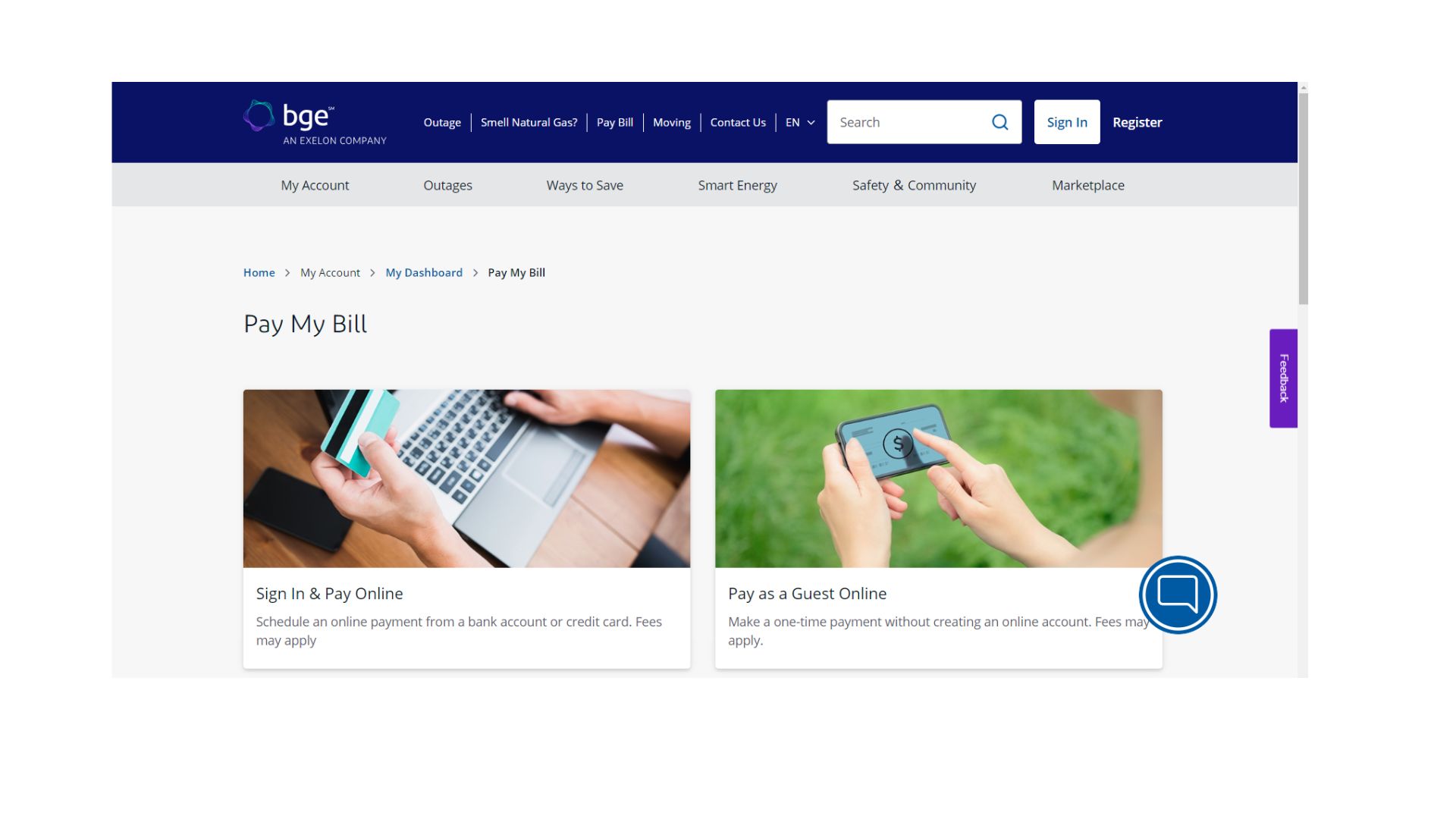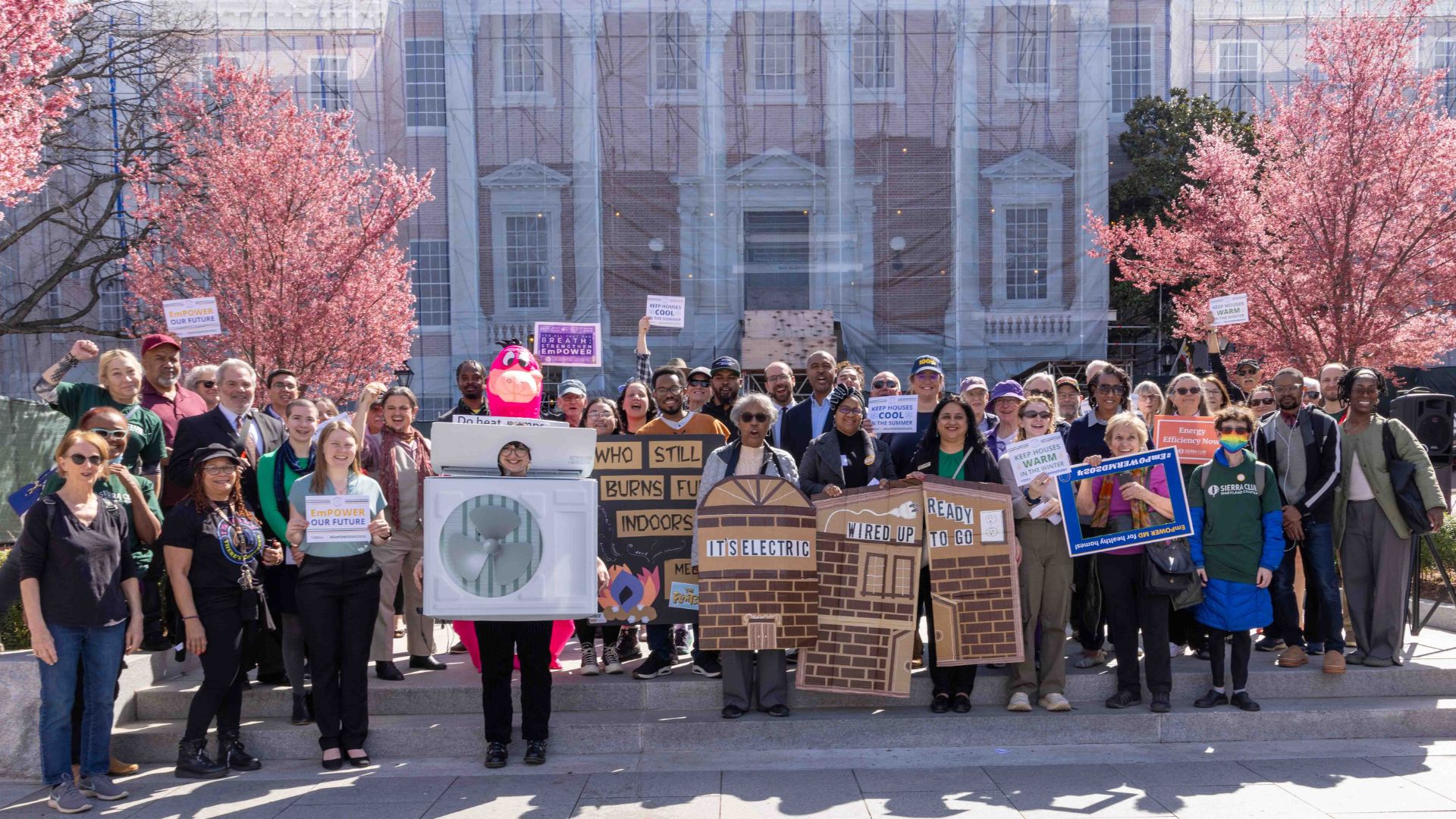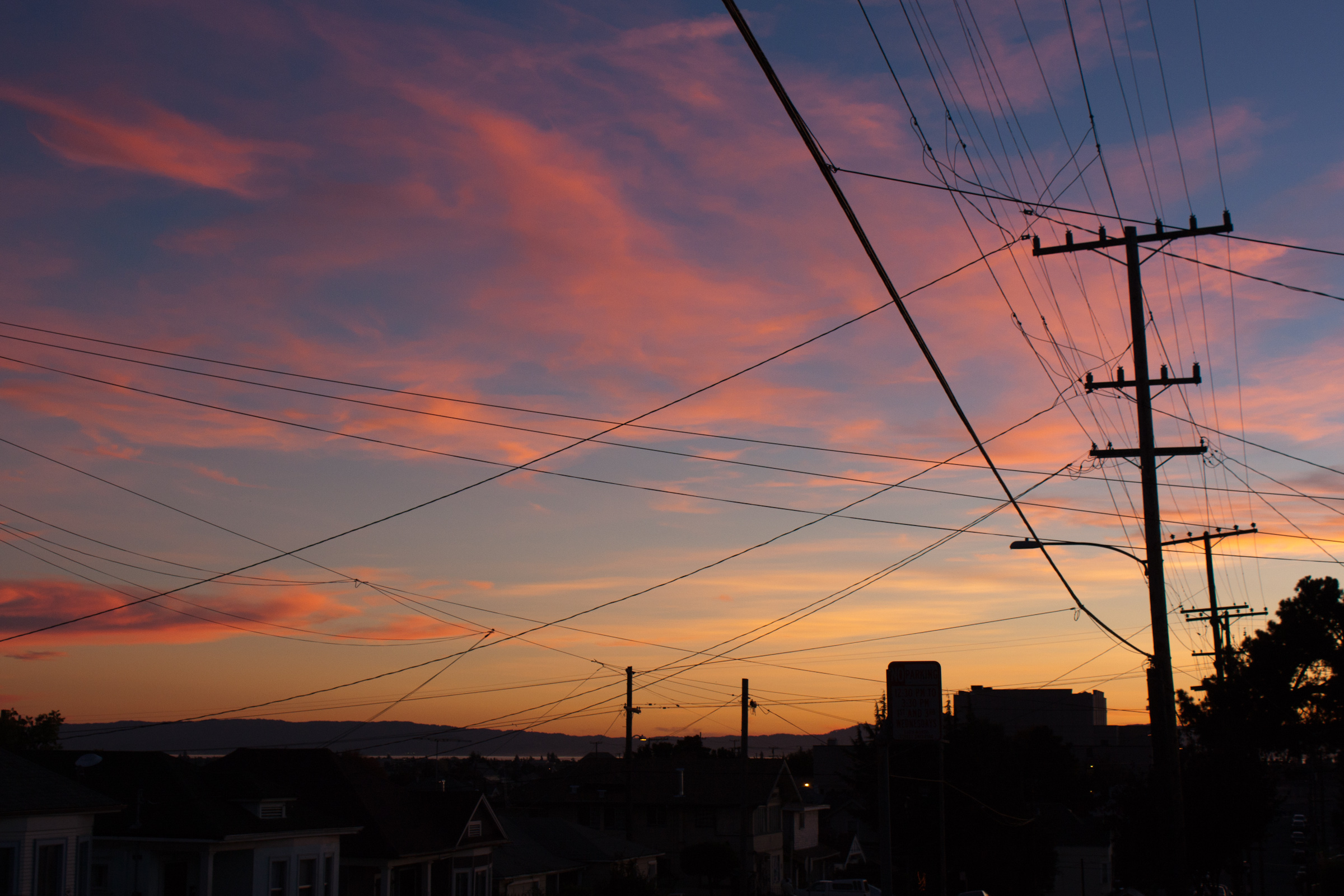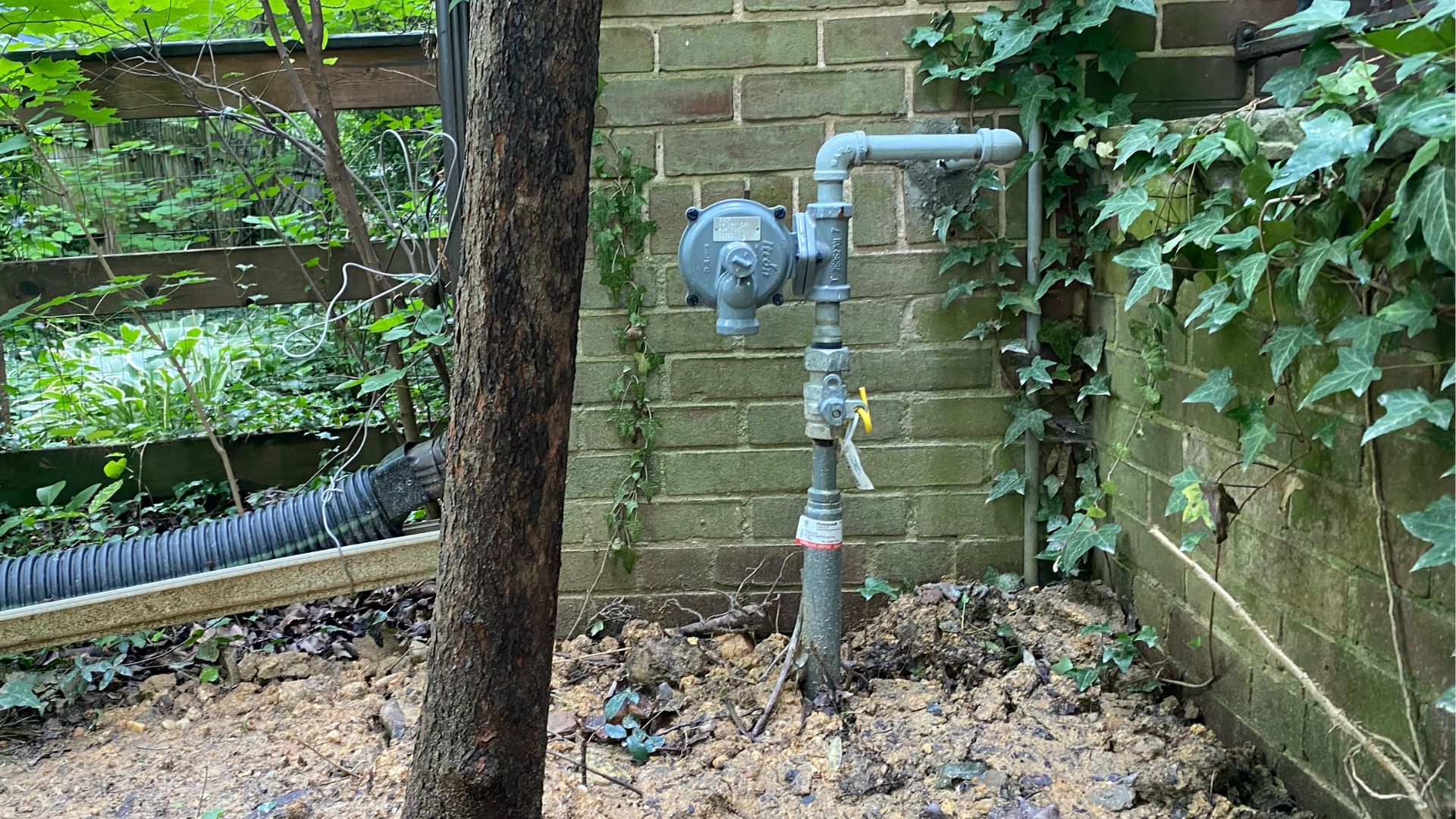
BGE’s Rate Hike – what does it mean?
On Thursday the Maryland Public Service Commission (“PSC”) issued a ruling on BGE's proposed multi year rate hike.

On Thursday the Maryland Public Service Commission (“PSC”) issued a ruling on Baltimore Gas and Electric’s (“BGE”) proposed multi year rate hike. The decision limited the proposed $602 million rate hike to $408 million and is expected to boost the average customer’s monthly distribution charges by about $21.83 after three years.
In response to the decision Emily Scarr said in a statement:
Utility spending is about more than dollars and cents; it’s about the health and safety of our families.
Regulators appear to have avoided hundreds of millions in added costs, largely thanks to adjustments on BGE profits; however, we need the Commission to rightsize investments in the gas system and ensure customers are not paying for infrastructure investments that aren’t cost effective nor meeting critical public safety objectives.
Maryland PIRG paid close attention to three key components in the case:
- First, The Commission granted BGE’s request for three consecutive years of rate increases. The company was first granted a multi-year hike in 2020 as part of a pilot program, which has yet to be evaluated. We, along with the Office of the People’s Counsel (OPC), have been critical of the program because it shifts financial risk from utilities to ratepayers, lacks accountability, and increases costs. In its ruling the PSC also granted the recuperation of additional funds to BGE from overspending from their last rate plan and suggested they would complete an evaluation of the pilot in 2024.
- Second, the Commission also approved many investments in gas infrastructure as part of BGE’s “Operation Pipeline” in accordance with a 2013 state law that has enabled the utilities to aggressively invest in a new gas system. Consumer and environmental advocates have argued that the program and law needs to be revised to prioritize safety, reduce costs, and to align with the state’s climate goals. According to the People’s Counsel the Commission authorized more than $1 billion of this spending on new gas infrastructure and leaving the door open for BGE to re-purpose additional spending.A report released this week from the Abell Foundation suggests that as designed, the gas infrastructure spending program has failed to reduce injuries and fatalities from gas incidents, is exacerbating pollution, and will lead to massive rate hikes and stranded costs. We think this is the wrong decision for gas spending, and hope the Commission will quickly move forward with their “Future of Gas‟ proceeding to strategically manage and plan for the transition away from gas for home heating and appliances.
- And finally, as the order explains, the Commission already struck BGE’s so-called “Customer Electrification Program” from the case, which consumer and environmental groups applauded at the time.
For more information check out stories from the Baltimore Sun, The Baltimore Banner, the Baltimore Brew and a statement from the Office of the People’s Counsel.
Help support our work.
We speak out for a healthier, safer world in which we’re freer to pursue our own individual well-being and the common good. We’re working to find common ground around commonsense ideas — but we need your support to keep our work going strong.
As threats to the public interest grow, your support can make all the difference. Every contribution powers important research and fuels impactful advocacy.
Topics
Authors
Emily Scarr
State Director, Maryland PIRG Foundation
Emily directs strategy, organizational development, research, communications and legislative advocacy for Maryland PIRG. Recently, Emily helped win small donor public financing in Montgomery and Howard counties, and the Maryland Keep Antibiotics Effective Act to protect public health by restricting the use of antibiotics on Maryland farms. Emily also serves on the Executive Committees of the Maryland Fair Elections Coalition and the Maryland Campaign to Keep Antibiotics Working, and the Steering Committees for the Maryland Pesticide Action Network and Marylanders for Open Government. Emily lives in Baltimore with her husband and dog.
Find Out More

2024 Maryland Legislative Session: Wins and Losses

Electric and gas utilities spend millions on political influence in Maryland

End the Gas Utility Blank Check
